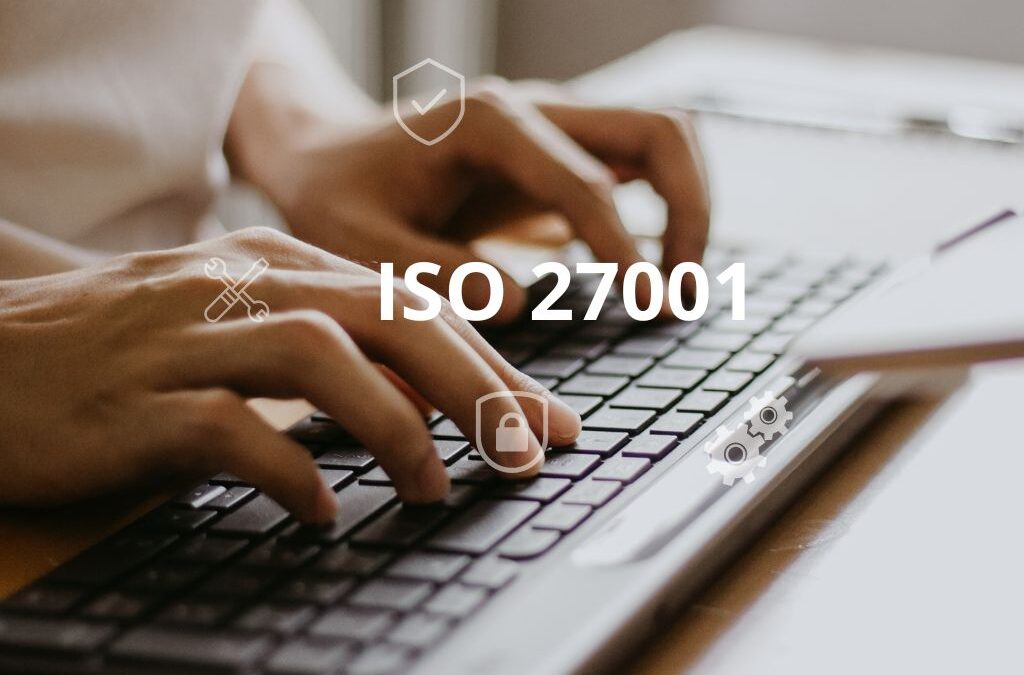In today’s digital world, information has become the most valuable asset for organizations of all sizes. However, this treasure has also become more vulnerable than ever to cyber threats such as data leaks, malware, and increasingly sophisticated cyberattacks. This is why the implementation of an Information Security Management System (ISMS) based on the ISO 27001 standard has become a fundamental need for companies seeking to protect their data and ensure business continuity.
What is ISO 27001?
ISO 27001 is an internationally recognized standard that provides a framework for establishing, implementing, operating, monitoring, reviewing, maintaining, and improving an ISMS. This system helps organizations systematically manage information security risks and protect the confidentiality, integrity, and availability of their information assets.
Why is ISO 27001 important?
There are numerous reasons why organizations should consider implementing ISO 27001. Some of the most important benefits include:
- Data breach protection: ISO 27001 helps organizations identify and mitigate information security risks, which can help prevent costly and damaging data breaches.
- Regulatory compliance: Many industries have specific information security regulations, such as the GDPR in the European Union. ISO 27001 can help organizations comply with these regulations and avoid fines and sanctions.
- Improved customer trust: Customers and business partners are increasingly aware of the importance of information security. Obtaining ISO 27001 certification demonstrates an organization’s commitment to protecting its customers’ information, which can improve trust and loyalty.
- Competitive advantage: In an increasingly competitive market, ISO 27001 can give organizations an edge over their competitors by demonstrating their commitment to security and information protection.
- Improved decision-making: An ISO 27001-based ISMS provides organizations with a structured process for identifying, assessing, and managing information security risks. This can help improve decision-making and reduce the likelihood of security incidents.
- Enhanced business continuity: Business disruptions due to security incidents can have a significant impact on organizations. ISO 27001 can help organizations improve their ability to recover from security incidents and minimize the impact on their business.
How to implement ISO 27001
Implementing ISO 27001 can be a complex process, but there are many resources available to help organizations get started. The first step is to conduct an audit and gap analysis, reviewing the organization’s information security management system and identifying what does and does not meet the requirements of the ISO 27001 standard. The next step will be to establish a plan to implement all the changes that allow us to comply with the requirements of this standard.
ISO 27001 is not a one-size-fits-all solution for all organizations, and specific requirements may vary. However, the benefits of implementing an ISO 27001-based Information Security Management System (ISMS) are clear and significant.
If you are considering implementing ISO 27001 in your organization, consult with our information security experts for more information and support.





